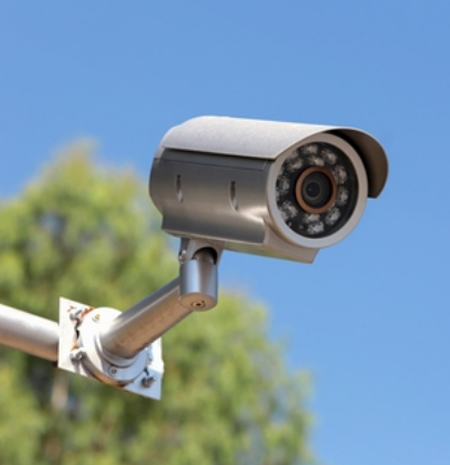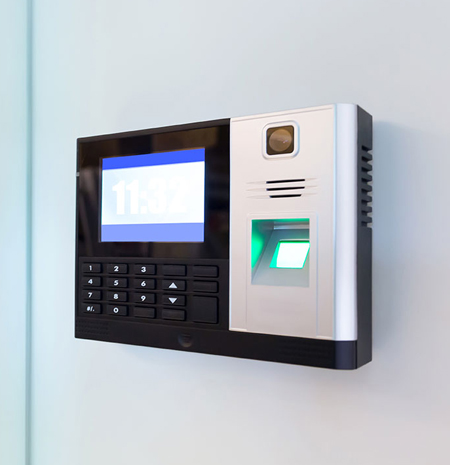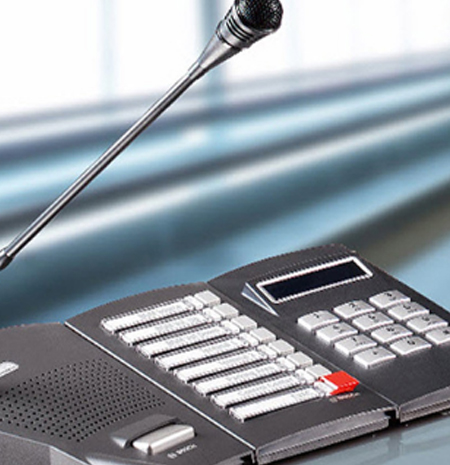Security Systems
Integrated security solution - CCTV, Access Control Systems, Public Address System Services and Contractor in India.
NR Square Enterprises is a Mumbai based, contractor offering wide range of Firefighting, Fire Alarm, Public Address, CCTV, Access Control services with different agencies, Site Survey, Designing of all kinds of Fire Fighting systems, Preparation of BOQ / Tender.
Currently NR Square Enterprises is working with Semi Government & leading private organizations. Our approach is to provide most reliable firefighting solutions and cost-effective services to our clients. As a dynamic leader we can provide a diverse range of top-quality services and installations all over India.
We are Specialized in:
- All type of Industrial & Commercial Installations.
- Retail / Departmental Stores.
- All types of Warehouses (Distribution Centres, Private, Public, and Climate Controlled).
- Family entertainment centres (Gaming zones).
- IT / Security systems (CCTV, Fire Alarm, Access Control System)
Security Systems
Security systems refer to a wide range of measures and technologies designed to protect people, property, and information from unauthorized access, theft, damage, or harm. These systems are commonly used in residential, commercial, and industrial settings to enhance safety and security.
Alarm Systems: These systems use sensors to detect unauthorized entry or motion and trigger an alarm, alerting occupants or a monitoring centre. They often include door/window sensors, motion detectors, and control panels.
Surveillance Systems: Also known as closed-circuit television (CCTV) systems, surveillance systems use cameras to monitor and record activities in and around a property. They can deter criminal activity, provide evidence for investigations, and enhance overall situational awareness.
Access Control Systems: Access control systems manage and restrict entry to a property or specific areas within it. They typically use methods such as keycards, biometric scans (e.g., fingerprint or facial recognition), or PIN codes to grant or deny access.
Intrusion Detection Systems (IDS): IDS monitor a property for unauthorized activities, such as break-ins or breaches. They can be network-based or host-based, using various sensors, algorithms, or behavior analysis techniques to detect anomalies and trigger alerts.
Fire Detection and Prevention Systems: These systems use smoke detectors, heat sensors, or sprinklers to detect and respond to fires. They provide early warning and can automatically activate fire suppression measures like sprinklers or alert authorities.
Perimeter Protection Systems: Perimeter security systems include physical barriers (e.g., fences, gates) and technologies (e.g., sensors, video analytics) to secure the boundaries of a property and prevent unauthorized access.
Biometric Systems: Biometric systems use unique physical or behavioral characteristics, such as fingerprints, iris scans, or voice recognition, to verify the identity of individuals. They are often used in high-security areas or for access control purposes.
Cybersecurity Systems: In the digital age, cybersecurity systems protect computer networks, systems, and data from unauthorized access, hacking, or data breaches. They employ firewalls, encryption, intrusion detection/prevention systems, and other technologies to safeguard against cyber threats.
Emergency Notification Systems: These systems enable the quick and efficient dissemination of emergency alerts, notifications, or warnings to occupants or specific individuals during critical situations, such as natural disasters or security incidents.
It's important to note that security systems can vary in complexity and scale, ranging from simple DIY setups for homes to comprehensive integrated systems for large organizations. The choice of security systems depends on the specific needs, budget, and level of security required by the individual or organization.
Security Systems application industries
Security systems find applications in various industries to protect assets, ensure safety, and prevent unauthorized access. Here are some industries where security systems are commonly utilized:
Residential Sector: Security systems are widely used in homes and residential complexes to safeguard against burglary, intrusion, fire, and other threats. They often include components such as surveillance cameras, door/window sensors, motion detectors, and alarm systems.
Commercial Sector: Businesses of all sizes employ security systems to protect their premises, assets, and employees. Offices, retail stores, warehouses, and factories utilize access control systems, video surveillance, alarm systems, and security guards to prevent theft, monitor activities, and maintain a secure environment.
Financial Institutions: Banks, credit unions, and other financial institutions employ advanced security systems to safeguard customer information, cash handling areas, and valuable assets. These systems may include access control, biometric authentication, surveillance cameras, panic alarms, and vault security systems.
Healthcare Facilities: Hospitals, clinics, and healthcare centers require security systems to protect patients, staff, medical equipment, and confidential data. Access control systems, video monitoring, alarm systems, and emergency response systems are commonly utilized in these environments.
Educational Institutions: Schools, colleges, and universities install security systems to ensure the safety of students, faculty, and staff. These systems often include access control at entrances, video surveillance in key areas, and emergency communication systems.
Government Organizations: Government agencies, administrative buildings, and public facilities rely on security systems to protect sensitive information, control access to restricted areas, and monitor public spaces. These systems may include advanced surveillance, intrusion detection, biometric authentication, and emergency response systems.
Transportation Sector: Airports, train stations, seaports, and bus terminals utilize security systems to ensure passenger safety, prevent unauthorized access, and protect infrastructure. These systems include surveillance cameras, access control, metal detectors, and baggage screening systems.
Industrial Sector: Manufacturing plants, refineries, power plants, and other industrial facilities implement security systems to safeguard critical infrastructure, prevent accidents, and control access to hazardous areas. These systems may include video surveillance, access control, perimeter protection, and fire detection systems.
Hospitality Industry: Hotels, resorts, and hospitality establishments deploy security systems to protect guests, maintain a secure environment, and prevent theft or vandalism. Video surveillance, access control, alarm systems, and panic buttons are commonly used in this industry.
Retail Sector: Retail stores, shopping malls, and supermarkets employ security systems to prevent shoplifting, ensure employee safety, and monitor customer behaviour. These systems include surveillance cameras, theft detection systems, access control, and alarm systems.
These are just a few examples, and security systems find applications in many other industries where protection, safety, and access control are essential.



